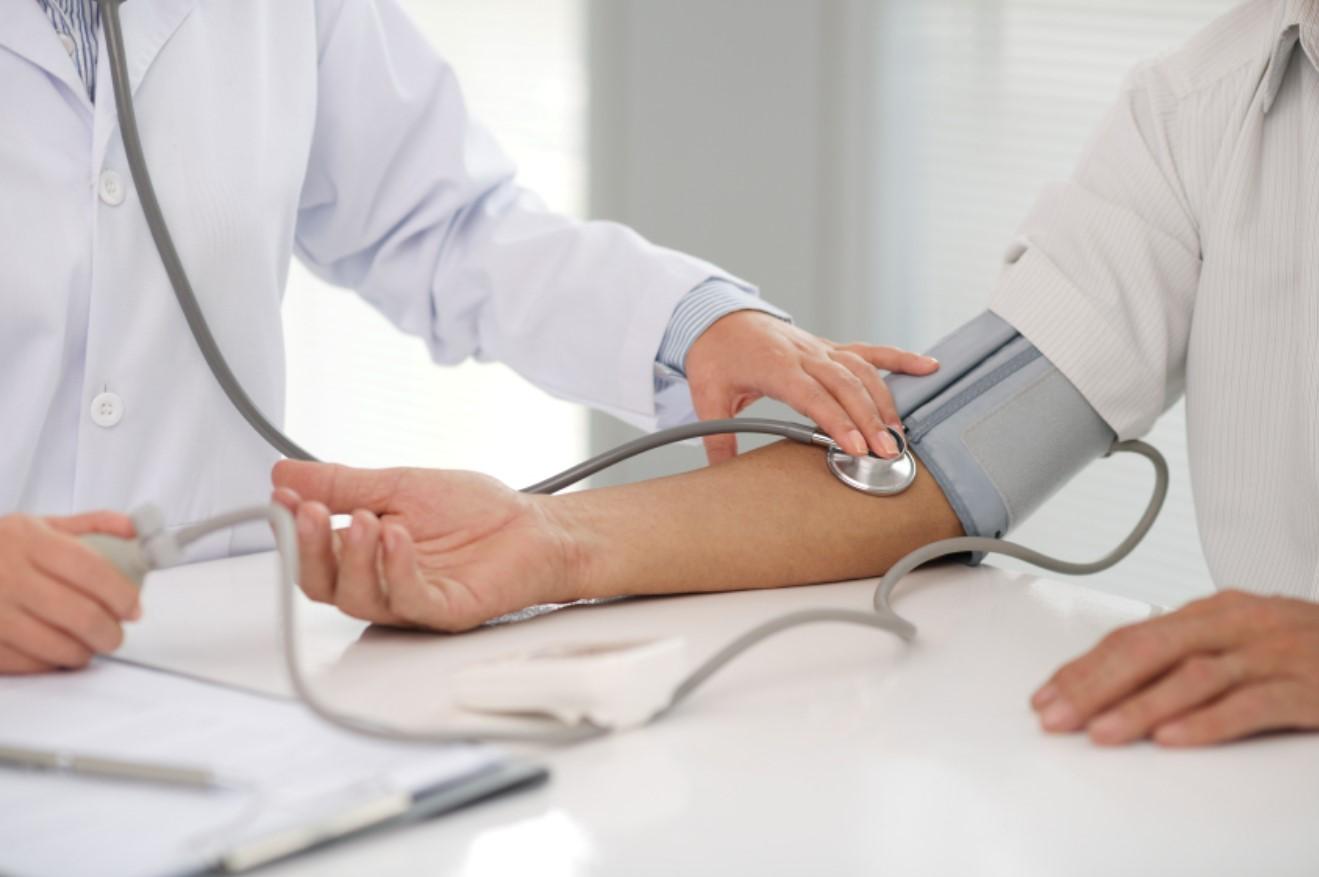Low blood pressure, also known as hypotension, is a condition in which the blood pressure in the arteries is lower than normal, which can cause symptoms such as dizziness, fatigue, and fainting. In many cases, a simple and natural way to raise blood pressure is by drinking water. In this article, we will explore how drinking water increases low blood pressure and its importance for cardiovascular health.
What is low blood pressure?
Blood pressure is the force exerted by blood against the walls of the arteries. When this pressure is too low, blood flow may not be sufficient to deliver oxygen and nutrients to the body’s organs and tissues, which can lead to a number of unpleasant symptoms. This is where the simple act of drinking water comes into play.
Drinking water increases low blood pressure
Drinking water increases low blood pressure in several ways. Firstly, water helps to increase the volume of blood in the body , which in turn increases the pressure in the arteries. When we are dehydrated, blood volume can decrease, causing a drop in blood pressure. By drinking water, we replenish this volume and help normalize blood pressure.
The role of hydration in regulating blood pressure
In addition to increasing blood volume, drinking water can also help improve the function of the circulatory system, which contributes to maintaining healthy blood pressure. Water is essential for proper hydration of blood cells, allowing them to maintain their optimal form and functionality. Adequate hydration facilitates the transport of nutrients and oxygen throughout the body, which can help regulate blood pressure.

The benefits of staying hydrated for cardiovascular health
Staying hydrated is critical for overall cardiovascular health. Chronic dehydration can have negative effects on the heart and blood vessels, which can increase the risk of developing cardiovascular diseases such as high blood pressure, heart disease, and stroke. Drinking enough water not only helps prevent low blood pressure, but can also protect against these more serious conditions.
Find out how much water you need to drink a day according to your weight .
Tips to increase hydration and blood pressure
For those who suffer from low blood pressure or simply want to maintain healthy blood pressure, it is important to incorporate proper hydration habits into your daily routine. Here are some tips to increase hydration and, consequently, blood pressure:
- Drink Water Regularly : Keeping a bottle of water handy and taking sips regularly throughout the day can help maintain proper hydration and prevent low blood pressure.
- Eat Water-Rich Foods : Fruits and vegetables such as watermelon, cucumbers, oranges and celery are high in water content and can contribute significantly to your total fluid intake.
- Avoid Excessive Alcohol and Caffeine : Alcohol and caffeine can have dehydrating effects and may worsen low blood pressure in some people. It is important to consume them in moderation.
- Monitor Symptoms : It’s crucial to watch for symptoms of low blood pressure, such as dizziness, fatigue, and blurred vision. If you experience these symptoms frequently, see a doctor.
- Add Electrolytes : In cases of severe dehydration, especially after intense exercise or heat exposure, adding electrolytes to your water can help restore the body’s fluid and electrolyte balance.
Conclusions
Drinking water effectively and naturally increases low blood pressure by increasing blood volume and improving circulatory system function . Staying hydrated is critical for overall cardiovascular health and can help prevent a number of serious medical conditions. By incorporating proper hydration habits into your daily life, you can maintain healthy blood pressure and promote your overall well-being.

